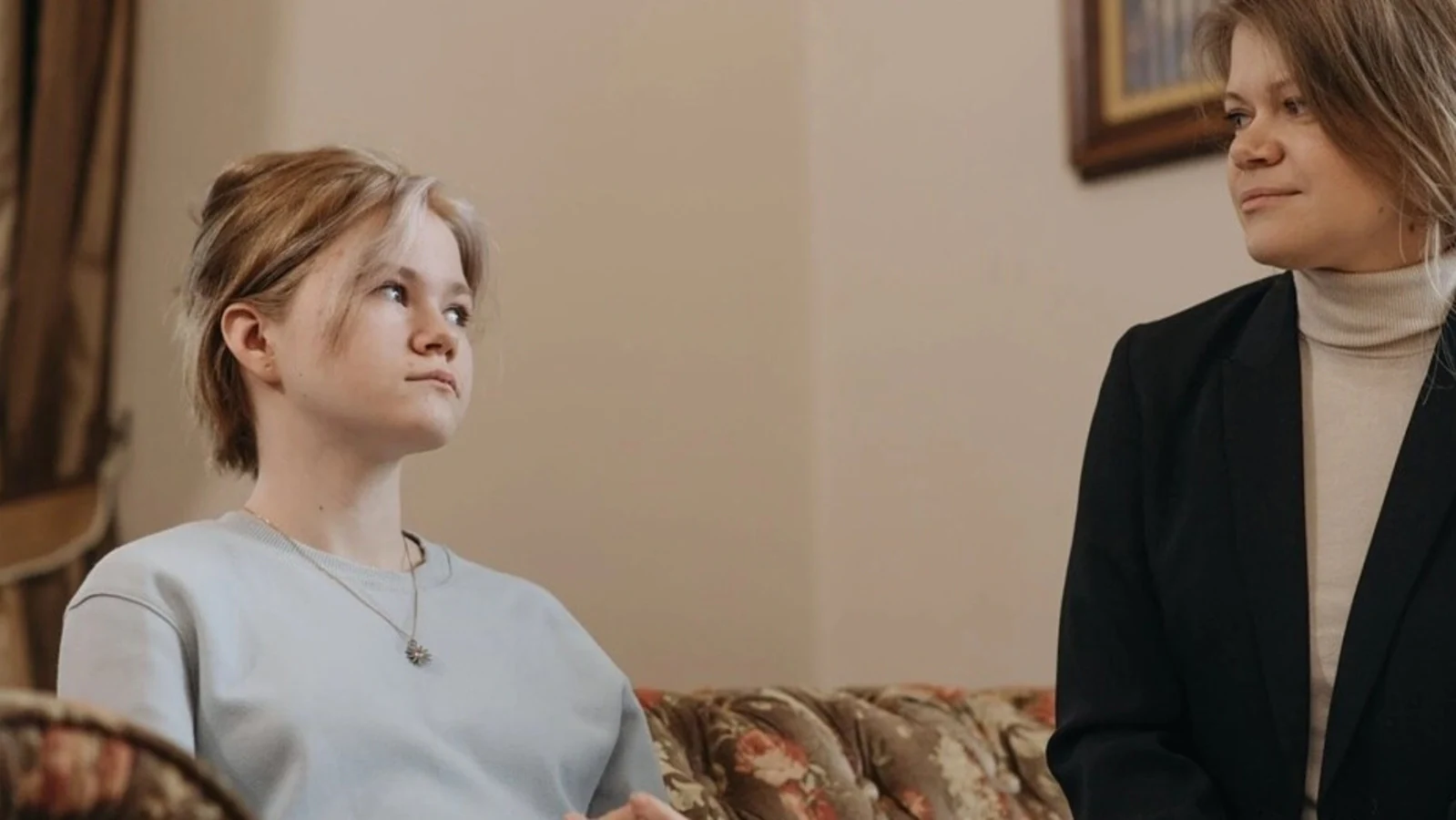[ad_1]
There is no easy way around them – the passive aggressive people. You may feel something is amiss but can’t really point out what. You may feel the other person is angry with you, but their behaviour contradicts it. They may appear calm and composed while you may be left scratching your head about the reason of that uncomfortable feeling you get from them. Chances are one may not get satisfying answers from passive aggressive people and that creates a discomfort and uneasiness which is difficult to get over. (Also read: Study: Early behavioural problems predict adolescent mental health difficulties)
According to Mayo Clinic, passive-aggressive behaviour is a pattern of indirectly expressing negative feelings instead of openly addressing them. There’s a disconnect between what a person who exhibits passive-aggressive behaviour says and what he or she does.
“Passive-aggressiveness is common, and many people sometimes struggle to be honest about their feelings. Self-honesty requires self-reflection, grace, and most importantly, a desire to do better. It’s not healthy for you to pretend that things are OK when they aren’t,” says Nedra Glover Tawwab, Therapist, NYT Bestselling Author, Relationship & Boundaries Expert in her recent Instagram post.
A passive-aggressive person may seem to agree with you or would not speak out his or exact thoughts or intentions, but may express anger or resentment indirectly, which can only be felt by a person towards whom it is directed.
Some common forms of passive aggression include avoiding responsibility for tasks, procrastinating and even missing deadlines, withholding critical information, and frequently underachieving relative to what one is capable of producing, according to Psychology Today.
Passive-aggressive people deny their behaviour and hide their anger but they habitually blame others for things gone wrong or give others silent treatment.
“People might deny being passive-aggressive, but it doesn’t mean you have to ignore it. Sometimes speaking about what you’re noticing can change the interaction. It’s possible that the person is unaware of their behavior or not ready to accept their uncomfortable feelings, which might be impacting their behavior towards you,” according to the therapist.
Some people may not be aware that they are being passive aggressive and may behave in this manner because of deep-buried feeling of sadness and loneliness, but they may not be able to express what they feel as they don’t want to show their vulnerable side. They may play victim or say yes when they actually want to say no.
You meet such people every day. A family member, a friend, a colleague, they can be anybody.
Nedra Glover Tawwab also offers tips to deal with a passive-aggressive person. She suggests you can tell them the following things:
“I notice you are not responding when I’m trying to talk to you. Tell me what’s wrong.”
“You’re saying everything is okay, but you’re not acting normal.”
“You’re being passive-aggressive, and it’s hurting me.”
“I don’t want to pretend that everything is okay because clearly, it’s not. What’s going on?”
“I would like to resolve whatever issue we’re having. Let’s talk about the problem.”
“What are you feeling because your response isn’t matching up with your behaviour.”
Confront them, tell them how you feel and try to find solutions, if you too are struggling to deal with a passive-aggressive person.
[ad_2]
Source link

